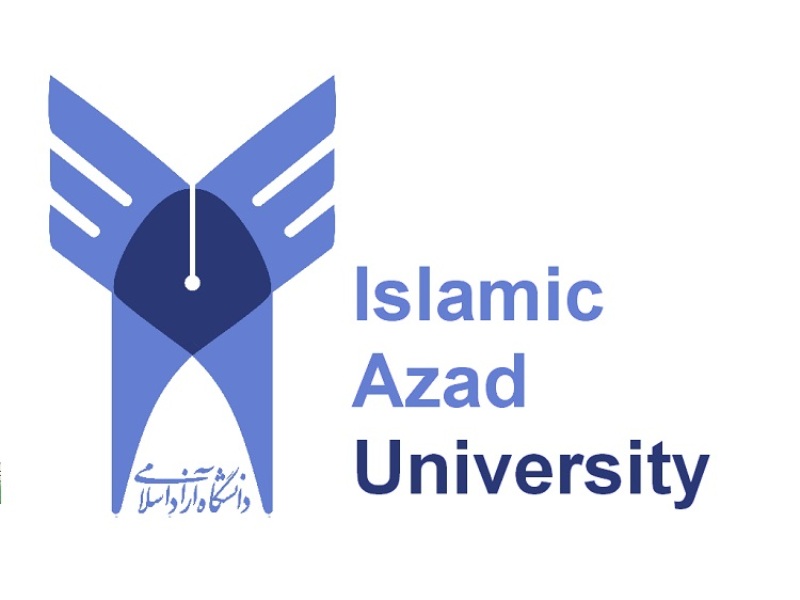
A materials scientist in Australia, by way of Iran, has recently had five papers retracted for duplicating his prior work, and the reader who brought the issue to publishers’ attention says it could affect some 100 articles.
Ali Nazari, now of Swinburne University of Technology in Australia, was at Islamic Azad University in Iran when he published the five papers in Energy and Buildings, an Elsevier title, in 2010 and 2011. The retractions came sometime after January of this year, when an anonymous reader contacted Elsevier about dozens of Nazari’s papers.
A typical notice, for “Physical, mechanical and thermal properties of concrete in different curing media containing ZnO2 nanoparticles,” reads:
Continue reading Materials scientist up to five retractions as publishers investigate dozens of his papers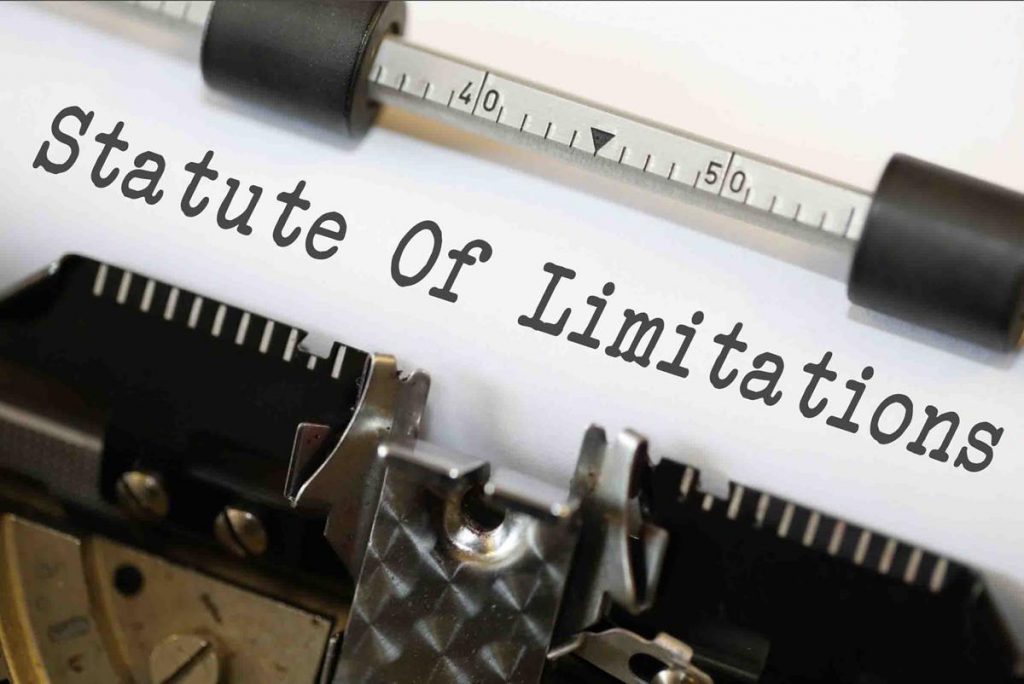
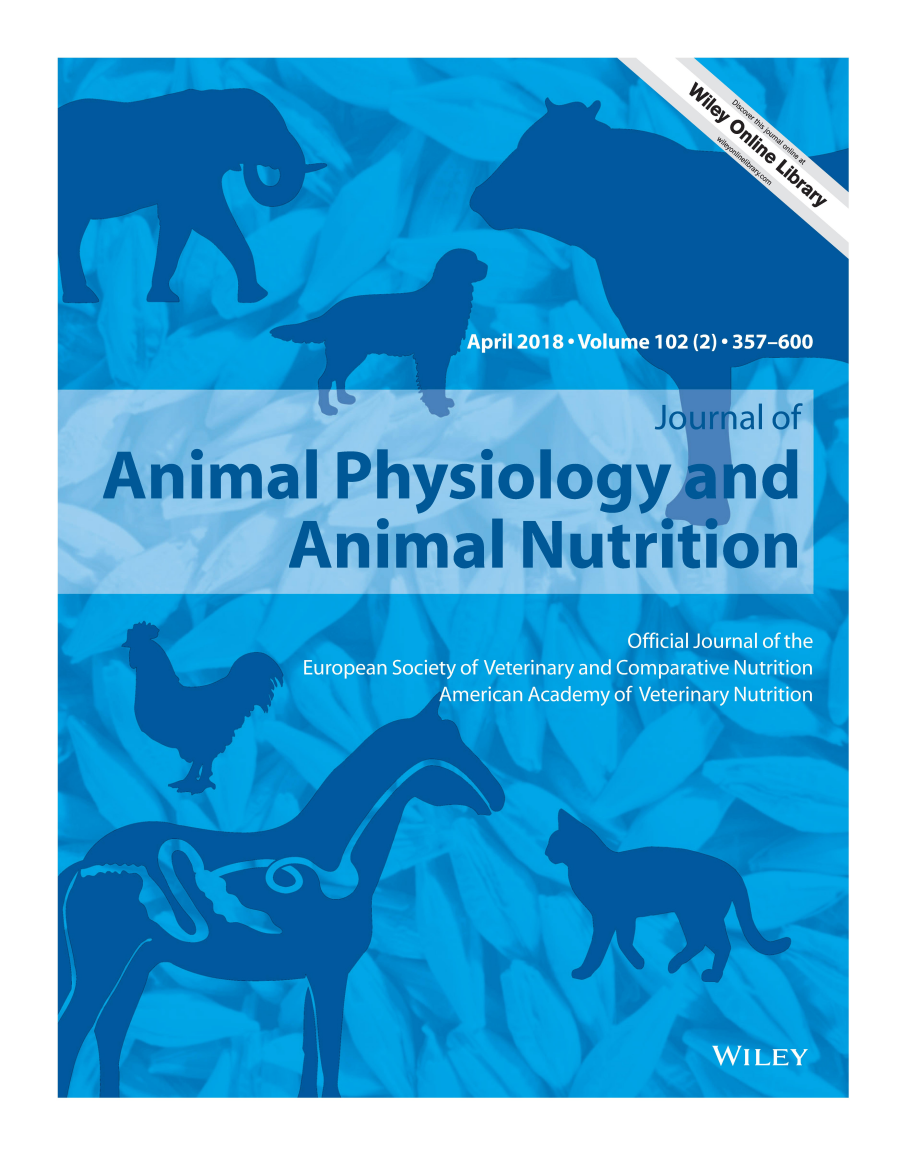 A fish scientist in Iran has now
A fish scientist in Iran has now 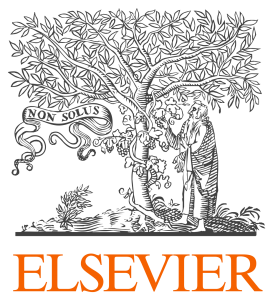


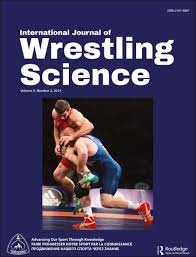 A
A Does failing to disclose that you were once a leader in the “Axis of Evil” deserve retraction?
Does failing to disclose that you were once a leader in the “Axis of Evil” deserve retraction? 